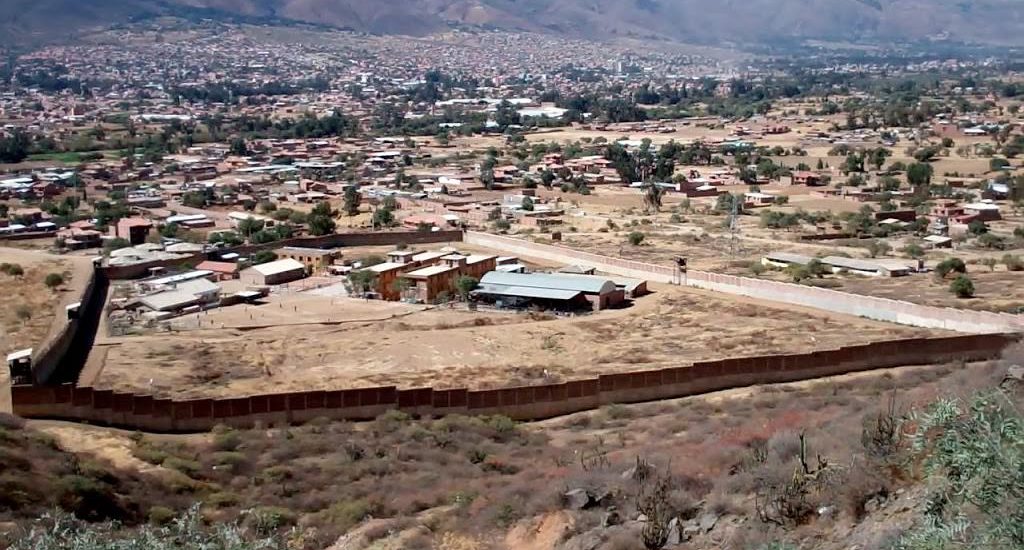Mission Monday: Ministry of Presence with Prisoners

Missioner Charles currently teaches English at various sites around Cochabamba including El Abra prison. For this “Mission Monday” he shares his experience of ministry of presence with one of the prisoners.
 |
| El Abra Prison |
Albert*, from Mali, Africa. was arrested in November, 2011 for carrying two suitcases containing cocaine and then detained at El Abra. His court hearing was set for April with the probable outcome that he would be charged with narcotics trafficking and then convicted and sentenced to 25 years of imprisonment. I talked about Albert with Sister Jocele, the El Abra director, who was concerned about his health, and with Joe, a missioner who is a licensed attorney both in the U.S. and Bolivia.
We all met with Albert several weeks before his court hearing. Albert stated that he was not in the best physical and emotional health, complaining that he was unable to communicate with his wife in Nigeria, both to assure her of his well-being and to arrange for copies of his children’s birth certificates to be faxed from Nigeria to Bolivia. These were needed to support his plea to be at least remanded to Mali to continue providing support for his family or make other arrangements. Joe advised Albert to consider a plea bargain agreement. If the judge accepted the plea bargain, it would reduce the charge from drug trafficking to drug transporting, which, pled guilty, would reduce the sentence to 8 years, plus 2-3 years could be reduced for good behavior.
Albert’s hearing was delayed until May. He did propose a plea bargain and pled guilty, which the judge accepted. Even so, prison life is made to make life harder rather than easier. He was able to communicate with his wife and to receive the copies of the birth certificates. However, he also needed proof of good prison behavior in the form of a certificate of participation from the English class I teach. This process in getting the certificate took longer due to unexpected hurdles.
I will not speculate regarding Albert’s guilt or innocence. He states that he agreed to carry the two suitcases, not knowing what was inside them, in exchange for a return ticket to Mali. Regardless, our time together, the three of us with Albert, seemed very important in helping him focus on the reality of his circumstance and thoughtfully make choices based on likely outcomes. I would not have blamed him if he trusted no one at that moment, but he did not seem that way with us. Our presence may have assured him that he was not alone and that he was receiving the truth. We could not save him from spending time in jail, but we could keep him from feeling abandoned.
*Name changed for privacy.

